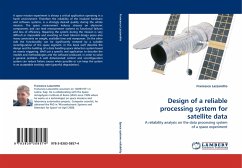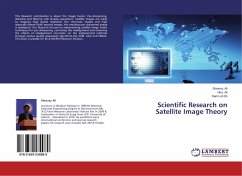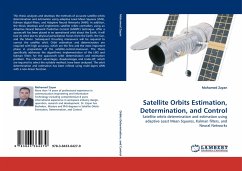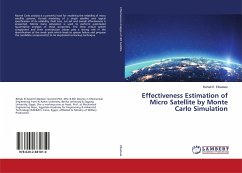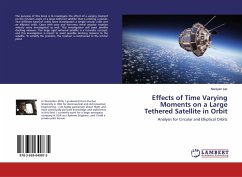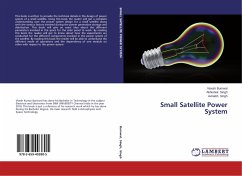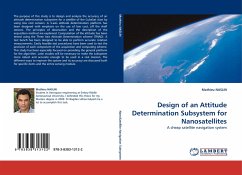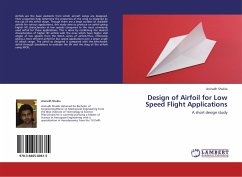A space mission experiment is always a critical application operating in a harsh environment. Therefore the reliability of the involved hardware and software systems, is a strongly desired quality during the whole mission. The space environment induces stresses on electronic components and can lead measurement systems to functional failures and loss of efficiency. Repairing the system during the mission is very difficult or impossible and investing on fault tolerant design poses also many constraints on weight, available time and manpower. On the other side the functionality can be significantly restored by a suitable reconfiguration of the space segment. In this book we'll describe the design and the building of a data handling space detection system based on events triggering. We'll use a specific real application to describe the models and methodologies and the software produced, in order to solve a general problem. A well dimensioned control and reconfiguration system can reduce failure causes when possible or can keep the system in an acceptable working state (graceful degradation).
Bitte wählen Sie Ihr Anliegen aus.
Rechnungen
Retourenschein anfordern
Bestellstatus
Storno

